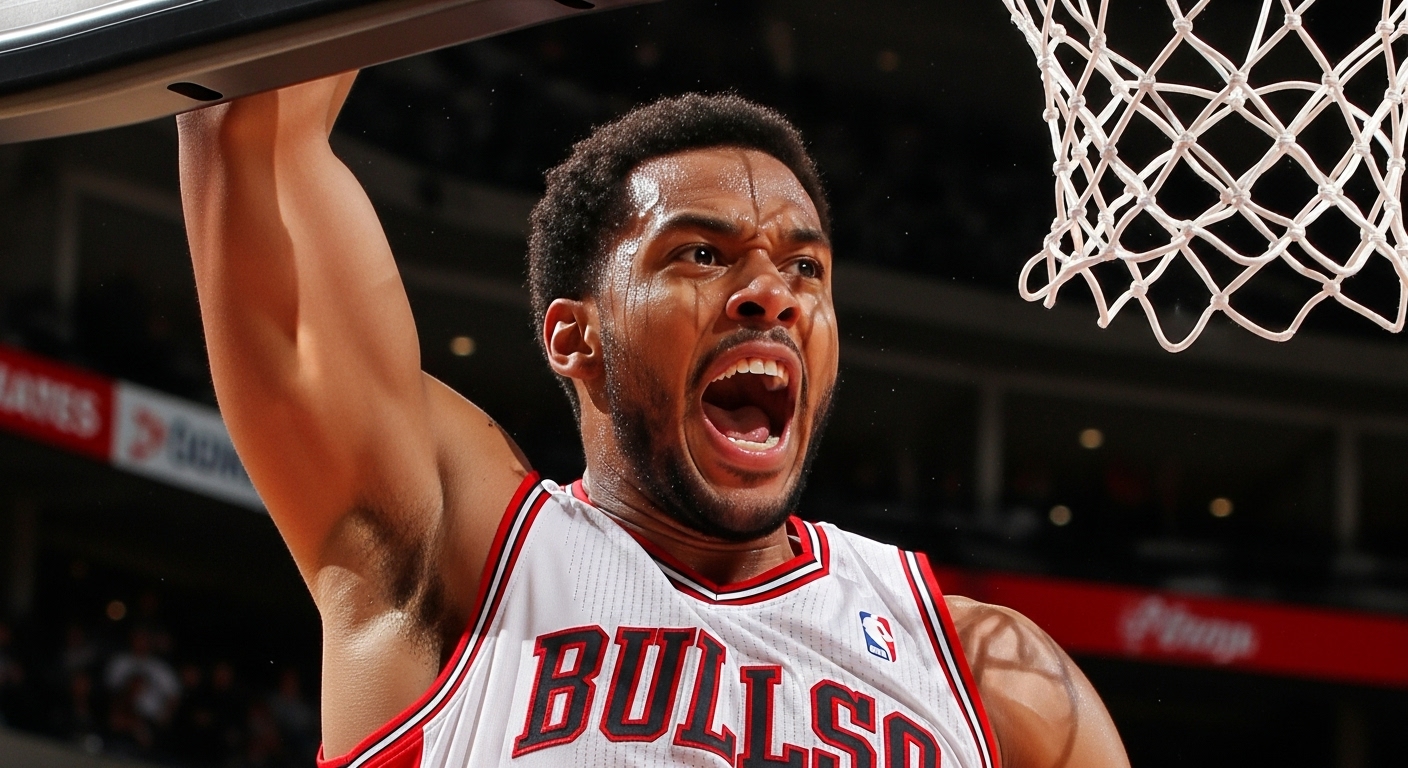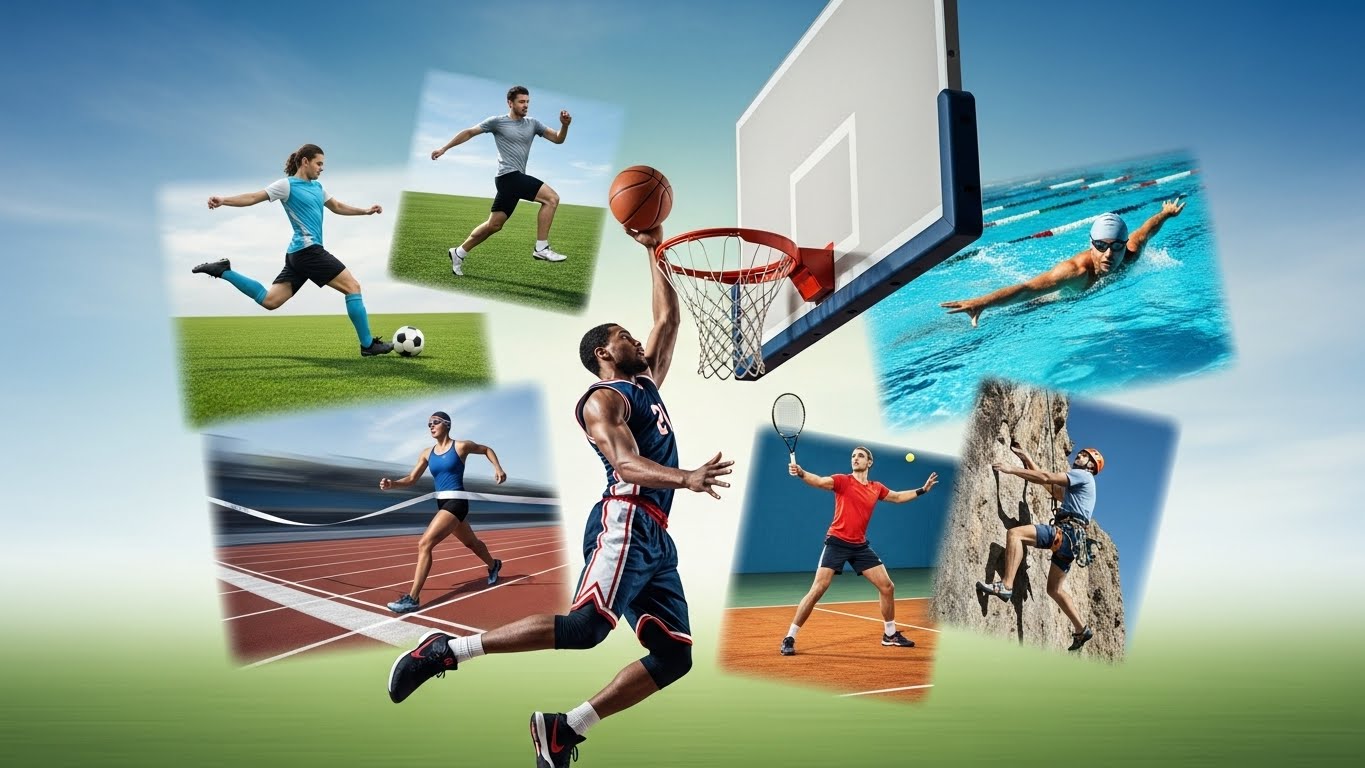Sports have been an integral part of human civilization for centuries. From the ancient Olympic Games in Greece to the high-tech arenas of today, sports have served as a reflection of culture, competition, and human aspiration. They bring people together, promote physical fitness, and foster essential life skills. This blog explores the various dimensions of sports, their history, significance, types, impact on society, and the future of athletics.
The Historical Evolution of Sports
The history of sports dates back thousands of years. Archaeological evidence suggests that early humans engaged in activities resembling modern sports as a means of survival and social interaction. Hunting, wrestling, running, and team-based games were not only forms of physical exercise but also methods to develop coordination, strategy, and strength. Ancient civilizations like Egypt, Greece, and Rome played a pivotal role in shaping organized sports.
In Greece, sports were a crucial part of education and culture. The ancient Olympic Games, which began in 776 BC, were held every four years and included events such as running, wrestling, discus, and javelin. These games were not only athletic competitions but also religious festivals honoring Zeus. Rome, on the other hand, focused on spectacles such as gladiator fights and chariot racing, which emphasized entertainment and public display.
With the medieval era, sports evolved differently in various regions. Europe saw the rise of jousting tournaments and archery competitions, while in Asia, martial arts and traditional games became prominent. The 19th and 20th centuries marked the emergence of modern sports with formal rules, leagues, and international competitions. The establishment of organizations like FIFA, the International Olympic Committee, and the NBA helped standardize and globalize sports, making them accessible to millions worldwide.
The Importance of Sports in Daily Life
Sports are not merely a form of recreation; they have far-reaching benefits for individuals and society. Physical activity through sports helps improve cardiovascular health, strength, flexibility, and overall well-being. Regular participation in sports reduces the risk of chronic diseases such as obesity, diabetes, and hypertension. It also enhances mental health by reducing stress, anxiety, and depression through the release of endorphins.
Beyond physical and mental health, sports teach invaluable life skills. Team sports foster collaboration, communication, and leadership abilities. Individual sports encourage discipline, focus, and perseverance. Children and adults alike learn how to handle success and failure gracefully, develop strategic thinking, and build self-confidence. Moreover, sports instill a sense of fairness and respect for rules, which are essential qualities for personal and professional life.
Types of Sports
Sports can be categorized in multiple ways, including by physical demand, team versus individual participation, or outdoor versus indoor settings. Understanding these categories provides insight into the diverse nature of athletic activities.
Team Sports
Team sports require coordinated effort among players to achieve a common goal. They emphasize communication, strategy, and cooperation. Popular team sports include football, basketball, cricket, rugby, hockey, and volleyball. Team sports not only promote physical fitness but also strengthen social bonds and community spirit.
Individual Sports
Individual sports focus on personal performance and skill. Athletes compete against themselves or others, aiming to achieve excellence through dedication and practice. Examples include tennis, athletics, swimming, gymnastics, boxing, and martial arts. Individual sports develop self-reliance, discipline, and mental resilience.
Adventure and Extreme Sports
Adventure and extreme sports provide thrills and adrenaline rushes while testing physical and mental limits. Activities such as rock climbing, paragliding, skydiving, surfing, and mountain biking fall under this category. These sports promote courage, risk assessment, and adaptability, making them appealing to thrill-seekers and enthusiasts of unconventional challenges.
Recreational and Leisure Sports
Recreational sports are primarily focused on enjoyment, relaxation, and social interaction rather than competition. Activities like hiking, yoga, cycling, swimming, and jogging provide moderate exercise and improve overall well-being. Leisure sports help individuals maintain a healthy lifestyle without the pressure of intense competition.
Traditional and Cultural Sports
Many sports are deeply rooted in cultural and regional traditions. Kabaddi in India, Sumo wrestling in Japan, Gaelic football in Ireland, and bullfighting in Spain reflect local heritage and societal values. Traditional sports preserve cultural identity and offer a glimpse into a community’s history and customs.
The Role of Sports in Society
Sports hold a significant place in society, transcending the boundaries of age, gender, and nationality. They serve as a unifying force, bringing people together in support of a common cause. Major events like the FIFA World Cup, the Olympics, and the Super Bowl attract global attention, fostering international camaraderie and cultural exchange.
Sports also play a crucial role in education. Schools and colleges encourage students to participate in athletic programs to develop physical health, teamwork, and discipline. Scholarships and professional pathways provide opportunities for talented athletes to pursue careers in sports.
Moreover, sports influence social change. Campaigns promoting gender equality, inclusivity, and health awareness often use sports as a platform. Women’s participation in sports has increased significantly, breaking stereotypes and empowering generations. Adaptive sports for differently-abled individuals also highlight the inclusivity and transformative power of athletics.
Technology and Innovation in Sports
The modern era has witnessed a dramatic transformation in how sports are played, viewed, and managed. Technology has revolutionized training, performance analysis, and fan engagement. Wearable devices monitor heart rates, distances, and calories burned, helping athletes optimize their performance. Video analysis and motion-capture technology allow precise evaluation of techniques and strategies.
In addition, virtual reality and simulation tools have introduced new ways to train athletes in realistic conditions without physical risks. Fan experience has also evolved with advanced broadcasting, live streaming, and interactive platforms, allowing enthusiasts to engage with sports globally. Sports analytics and artificial intelligence now influence decision-making in professional leagues, from player recruitment to tactical planning.
The Psychological Aspect of Sports
The mental aspect of sports is as critical as physical fitness. Psychological preparation, focus, and resilience are key factors in determining success. Athletes undergo rigorous mental conditioning to manage stress, maintain motivation, and perform under pressure. Techniques such as visualization, meditation, and goal setting enhance mental strength and improve outcomes.
Sports psychology also addresses the emotional well-being of athletes, helping them cope with injuries, performance slumps, and public scrutiny. Mental toughness and positive mindset not only benefit athletes but also inspire fans and young aspirants to pursue their goals with determination.
Health Benefits of Sports
The health benefits of sports extend far beyond physical fitness. Regular participation improves cardiovascular health, muscle strength, endurance, flexibility, and coordination. Sports help maintain a healthy weight, reduce the risk of chronic illnesses, and promote longevity.
Mental health benefits are equally significant. Exercise increases the release of endorphins, which act as natural mood elevators. Sports provide a healthy outlet for stress, anxiety, and frustration. Social interaction through sports fosters a sense of belonging, reducing feelings of isolation and promoting emotional well-being.
Sports also contribute to cognitive development. Activities requiring strategy, quick decision-making, and coordination stimulate brain function and enhance mental agility. This makes sports an excellent tool for overall personal development and lifelong health.
Economic Impact of Sports
Sports have a profound impact on the global economy. Professional leagues, tournaments, sponsorships, merchandising, and broadcasting rights generate billions of dollars annually. Major sporting events stimulate tourism, infrastructure development, and employment opportunities. Athletes themselves contribute significantly to the economy through endorsements, personal brands, and community initiatives.
Local sports programs and grassroots initiatives also have economic benefits. They encourage participation, create jobs in coaching and administration, and support related industries like equipment manufacturing and fitness services. Sports, therefore, act as a catalyst for both social and economic development.
Challenges in the World of Sports
Despite its many benefits, the world of sports faces several challenges. Doping and unethical practices tarnish the integrity of competitions. Over-commercialization and excessive pressure on young athletes can lead to burnout and mental health issues. Gender inequality, lack of access, and socio-economic barriers limit participation for many individuals.
Injuries are an inherent risk in sports, requiring medical attention and preventive measures. Climate change and environmental factors also impact outdoor sports, affecting training and competitions. Addressing these challenges requires coordinated efforts from governing bodies, communities, and athletes themselves.
The Future of Sports
The future of sports looks promising, driven by innovation, inclusivity, and global engagement. Esports, virtual competitions, and digital platforms are redefining traditional notions of athleticism. Technology will continue to enhance performance, fan experience, and accessibility.
Sports will play an increasingly important role in promoting health, education, and social cohesion. Efforts to ensure gender equality, adaptive sports, and sustainability will make sports more inclusive and responsible. As new generations embrace sports with passion and purpose, the world will witness a vibrant, dynamic, and transformative sporting landscape.
Conclusion
Sports are far more than games or competitions. They are a reflection of human spirit, culture, and ambition. From promoting health and mental well-being to uniting communities and driving economic growth, sports have a profound impact on individuals and society. Whether through team efforts, individual excellence, or adventurous pursuits, sports teach essential life skills and inspire people to push boundaries.
As we continue to innovate and expand the reach of sports, one thing remains constant: the joy, excitement, and unity that sports bring to the world. Embracing sports in all its forms is not only a celebration of human potential but also a commitment to healthier, stronger, and more connected communities.



